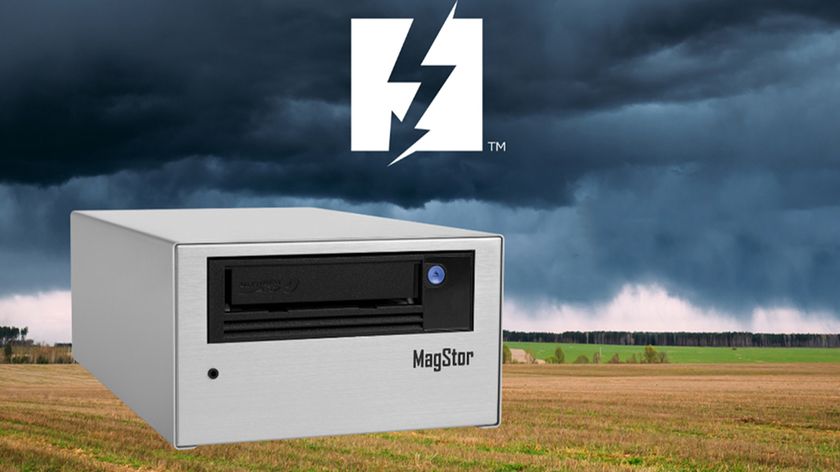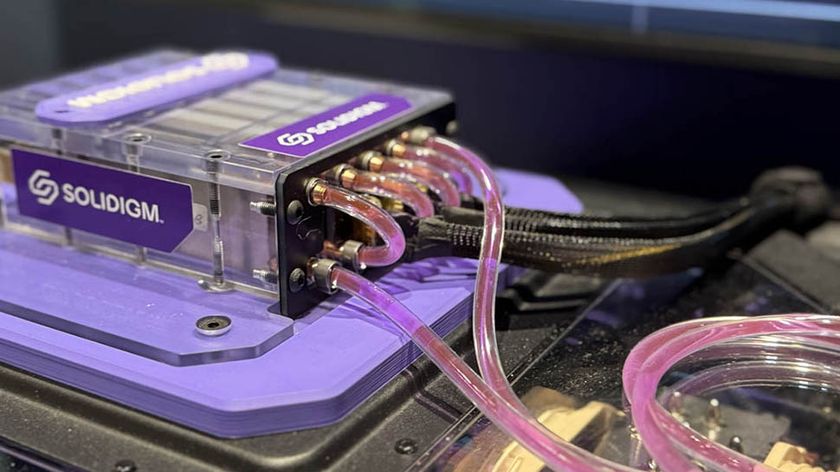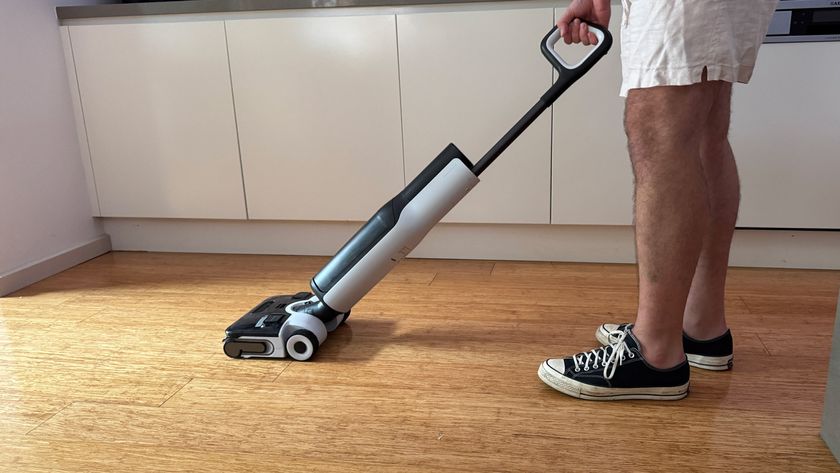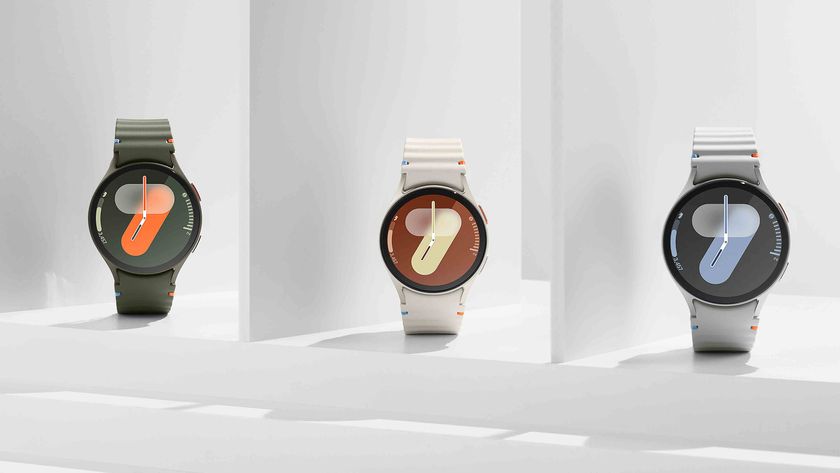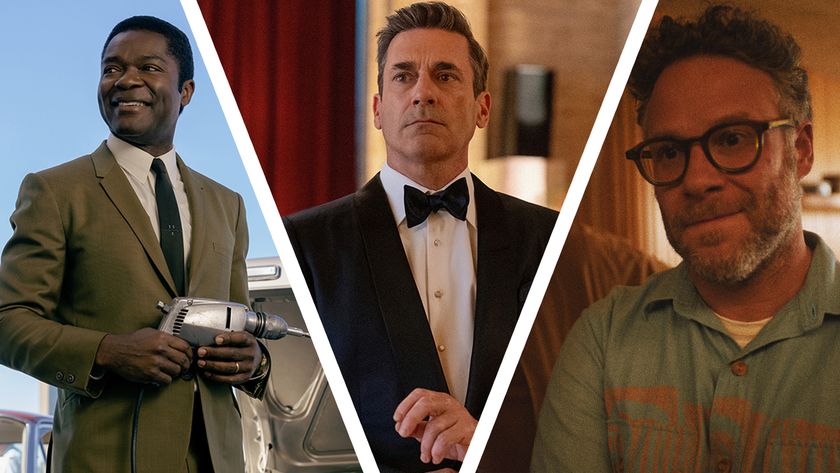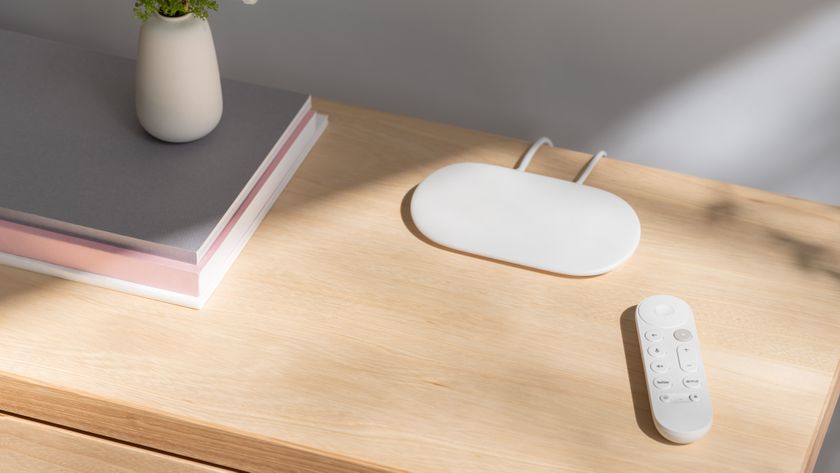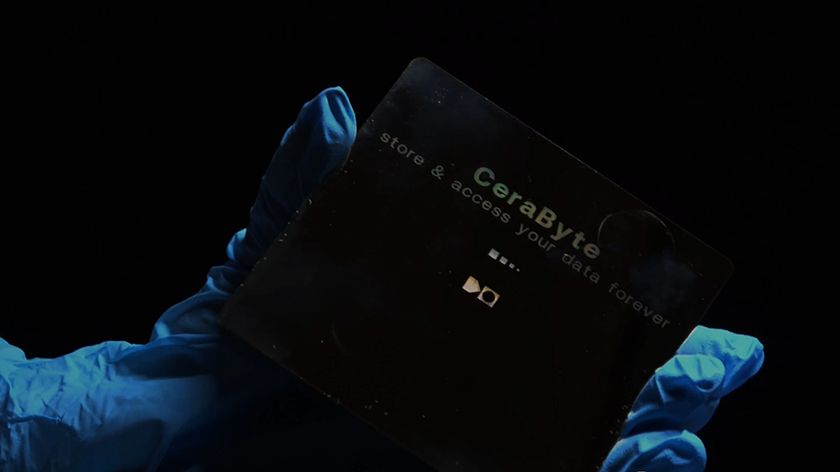Can Windows still be top dog in the post-PC era?
Windows 8, iPads and the Chromebook crunch
Windows has an image problem, and the Surface RT isn't helping. It's a lovely device let down by its operating system, relative lack of apps and premium price tag, and it simply isn't doing the numbers Microsoft hoped. Microsoft won't even admit how many Surfaces it has sold.
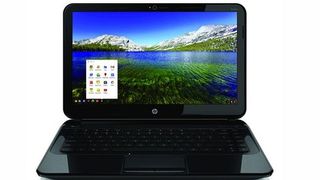
The Windows RT platform isn't looking too clever right now. The Surface retail strategy - basically, don't sell it anywhere people go - was disastrous.
iSuppli says that Microsoft is only selling 55% to 60% of the machines it's making and that the Surface RT suffers from "very high" return rates. Worried OEMs are shelving or shredding their Windows RT plans, there's still a significant app gap, and without significant production volumes, nobody's achieving the economies of scale necessary to drive down manufacturing costs.
The Surface Pro is more attractive, but it's pricey - it'll be Ultrabook money, not tablet money - and it's a 1.0 product. Reviewers agree that it's nicely made, but they are throwing the word "compromised" around with wild abandon: it's not as handy as a tablet or as powerful as other Windows PCs, but it's more expensive and significantly heavier than both.
Microsoft believes that the answer to Windows' woes is touch. According to The Register, just 2% of PCs sold through the distribution channel in November and December were touch-enabled. Given that Windows 8's UI was born to be touched and doesn't make much sense without touch input, that's a terribly low number.
Microsoft blames the lack of touch-enabled devices for Windows' disappointing Christmas, and it's effectively relaunching Windows 8 this month with new marketing, close partnerships with retailers and a new focus on getting people looking at, and touching, Windows 8 PCs.
Can Windows win?
Microsoft can't reverse the long-term shift from desktop to mobile computing, but it can address some of Windows' weaknesses. It could admit that launching the Surface RT first was a mistake and hide Windows RT in a cupboard until there are enough Modern apps to make it attractive.
Are you a pro? Subscribe to our newsletter
Sign up to the TechRadar Pro newsletter to get all the top news, opinion, features and guidance your business needs to succeed!
It can make more bloatware-free, desirable PCs such as the Surface Pro, and encourage OEMs to do the same. It can sort out its retail strategy and its marketing. And more than anything else, it can focus on pushing the price down.
The triumph of Windows' enemies isn't guaranteed. There's more to business IT than somebody saying "ooh! Chromebooks are a bit cheaper! Let's switch!". Not everyone likes Apple's prices, policies or operating systems. Tablets are still better as lean-back devices than sit-forward ones.
But one of Windows' biggest problems remains its price. Clover Trail tablets, with ARM-style battery life and legacy apps support, could give other tablets a spanking - but right now they're more expensive than their Android rivals, and more expensive than better-specced notebooks. One Surface Pro costs the same as two iPads. And so on.
Microsoft knows this, of course, and that might explain its $2 billion interest in Dell, which might deliver all the benefits of having a manufacturing operation without having to have its own manufacturing operation.
But that's not all Microsoft is doing. It also has Windows Blue, expected this year, which will mean more frequent OS revisions and a much lower price tag. It might even address the things people don't like about the new Windows UI.
Cheaper, better Windows, closer working with selected OEMs, better marketing and a retail strategy that doesn't suck? It's a crazy idea that might just work.
Windows may have taken a beating, but that doesn't mean it's beaten.
Writer, broadcaster, musician and kitchen gadget obsessive Carrie Marshall has been writing about tech since 1998, contributing sage advice and odd opinions to all kinds of magazines and websites as well as writing more than a dozen books. Her memoir, Carrie Kills A Man, is on sale now and her next book, about pop music, is out in 2025. She is the singer in Glaswegian rock band Unquiet Mind.

